Summaries of books about Sociology:
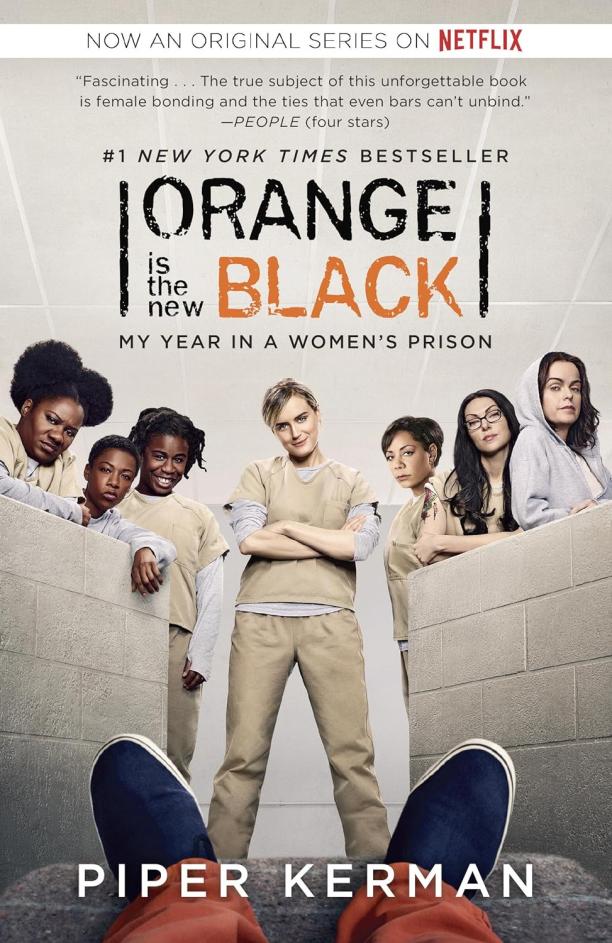
Orange Is the New Black
My Year in a Women's Prison
Piper Kerman
The memoir recounts the author's experiences during her 13-month sentence in a federal women's prison, detailing the daily life, friendships, and struggles she encountered behind bars. It provides a personal look at the criminal justice system and the diverse community of women inmates with whom she lived.
See full summary
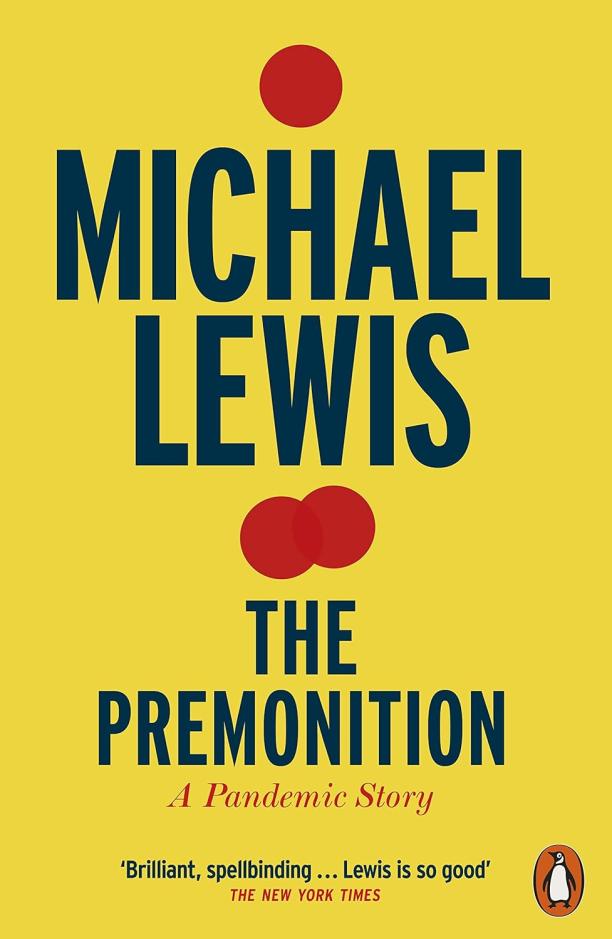
The Premonition
A Pandemic Story
Michael Lewis
The book chronicles the efforts of a group of medical experts and their unconventional approach to handling the outbreak of COVID-19 in the United States. It delves into the bureaucratic challenges and strategic decisions made as they race against time to understand and contain the virus.
See full summary
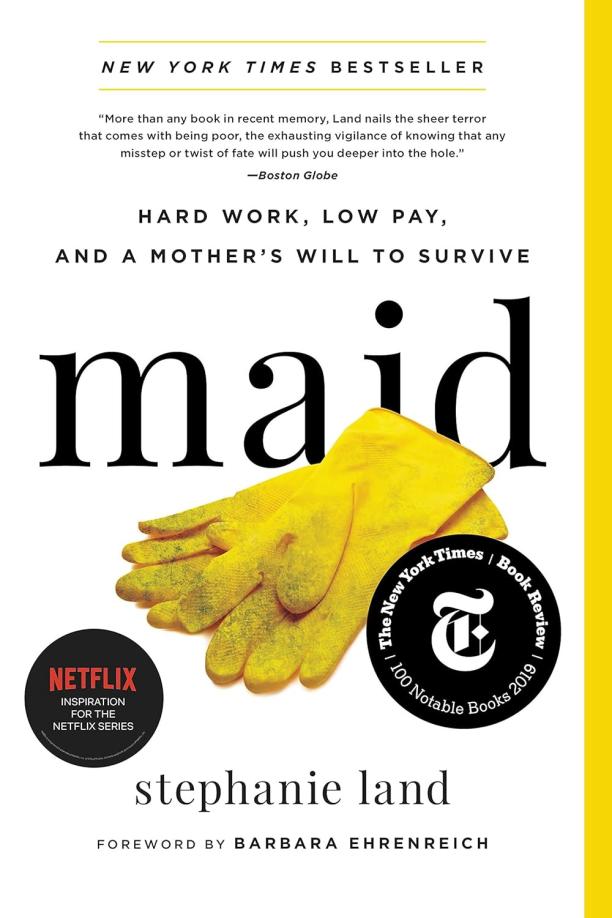
Maid
Hard Work, Low Pay, and a Mother's Will to Survive
Stephanie Land
The book is a memoir that chronicles the author's struggles as a single mother working as a housekeeper to make ends meet while navigating poverty, bureaucracy, and the challenges of raising her daughter. It provides an intimate look at the tenacity required to survive on meager wages and the systemic obstacles faced by the working poor in America.
See full summary
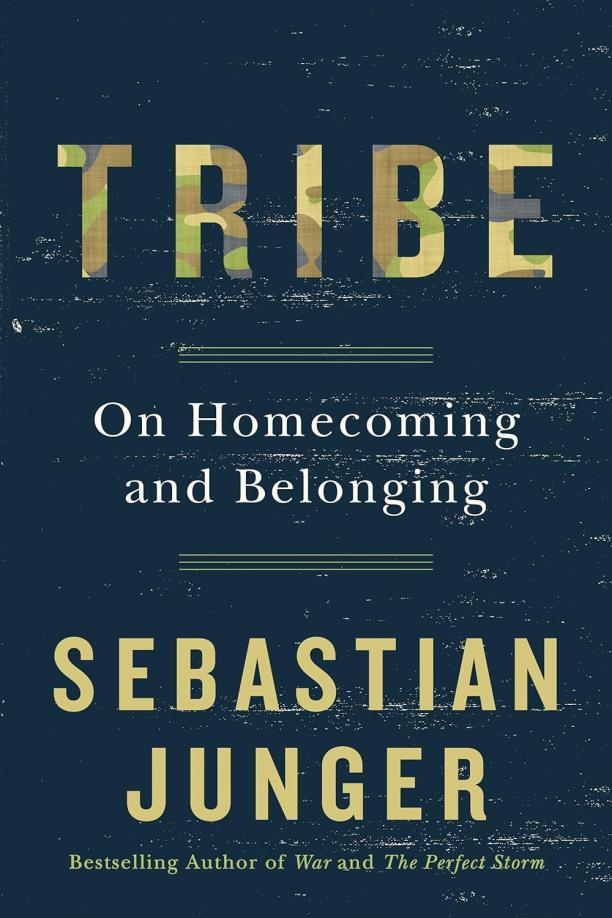
Tribe
On Homecoming and Belonging
Sebastian Junger
The book explores the human need for community and connection, examining how modern society's lack of strong social bonds can lead to increased rates of mental illness and dissatisfaction. It draws on anthropology, psychology, and Junger's own experiences to argue that a sense of belonging, often found in military and tribal cultures, is crucial for health and happiness.
See full summary
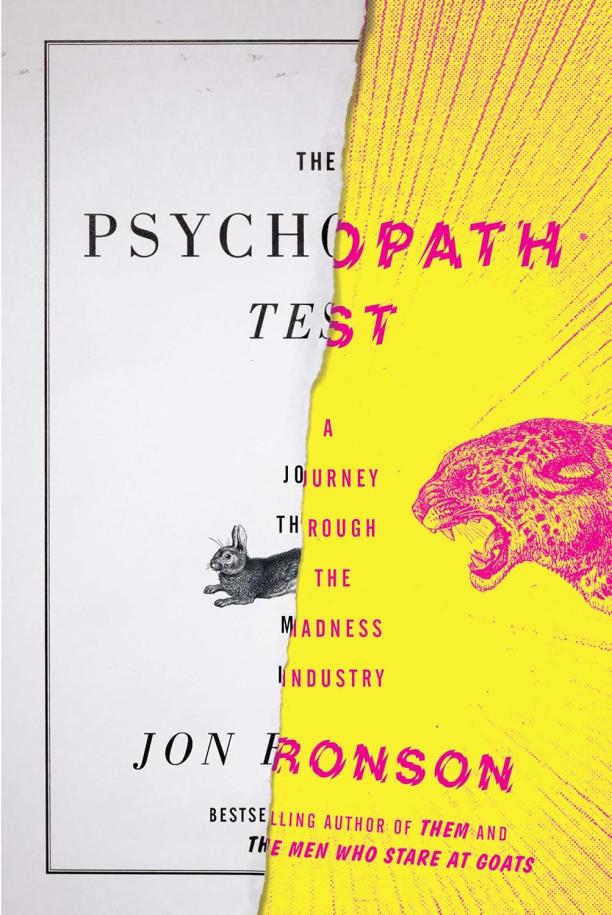
The Psychopath Test
A Journey Through the Madness Industry
Jon Ronson
The book explores the concept of psychopathy and the industry around mental health diagnosis, delving into the history and application of the Hare Psychopathy Checklist. It features interviews with individuals labeled as psychopaths, as well as professionals who diagnose and treat them, questioning the reliability and impact of such diagnoses on society and individuals.
See full summary
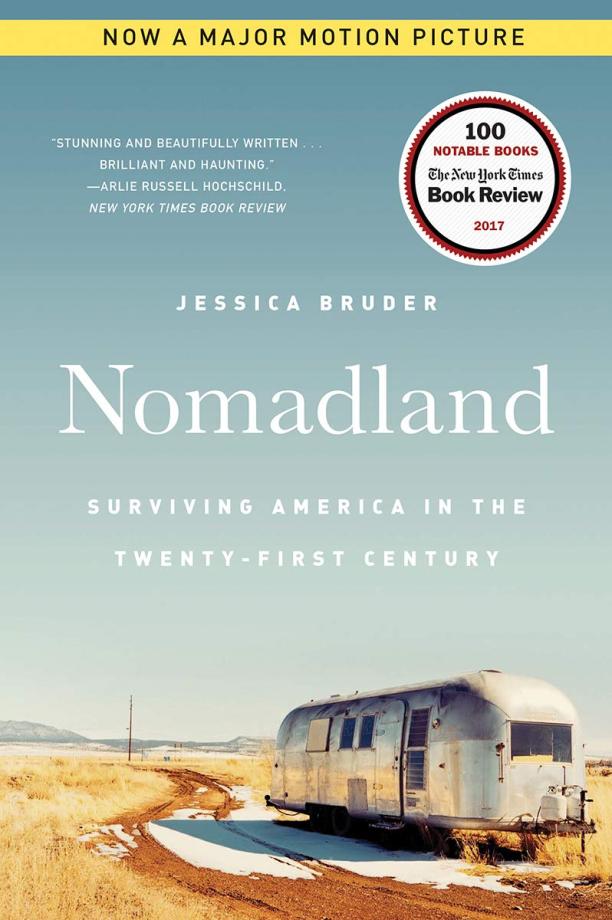
Nomadland
Surviving America in the Twenty-First Century
Jessica Bruder
The book investigates the phenomenon of older Americans who, due to economic necessity, adopt a nomadic lifestyle, living in vans and RVs while traveling the country in search of seasonal work. It provides an intimate look at the joys and challenges faced by these modern-day nomads, offering a revealing portrait of the precariousness of retirement in contemporary America.
See full summary
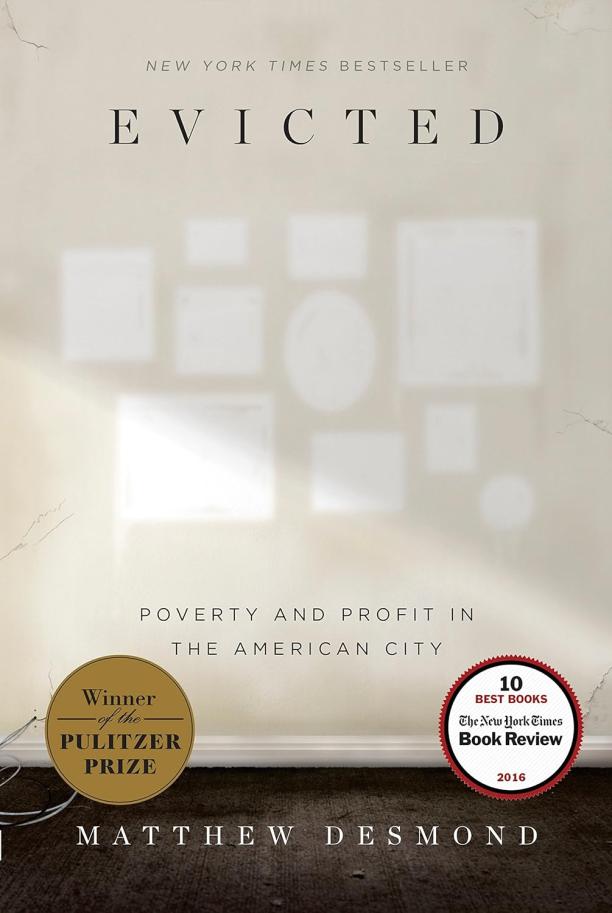
Evicted
Poverty and Profit in the American City
Matthew Desmond
The book chronicles the lives of eight families in Milwaukee struggling with housing insecurity, offering an intimate perspective on the personal and societal impacts of eviction. It also examines the role of landlords in the process, revealing the economic and ethical complexities of the low-income rental market.
See full summary
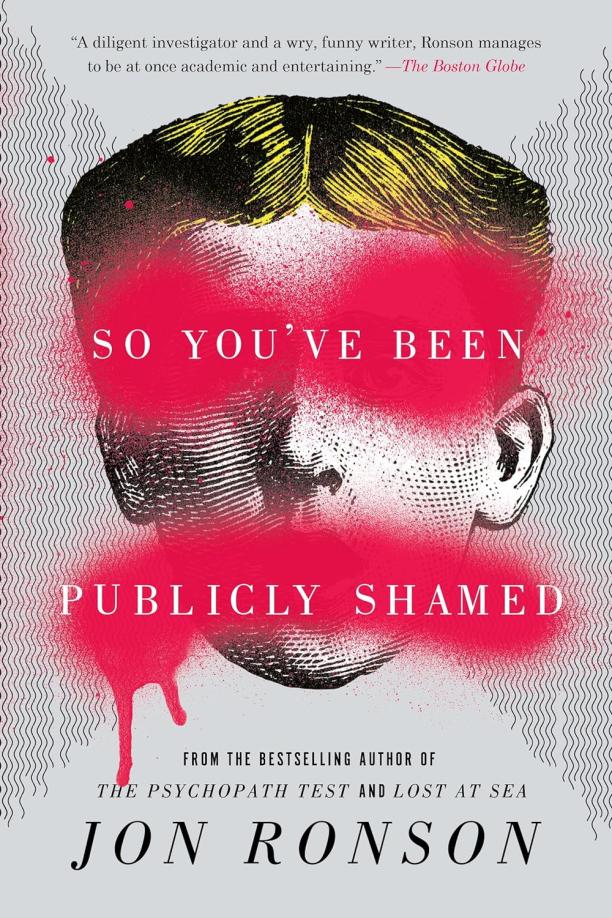
So You've Been Publicly Shamed
Jon Ronson
The book explores the phenomenon of public shaming in the digital age, examining real-life cases where individuals faced severe online backlash for their actions or comments. It delves into the psychological impact on those shamed and questions the social dynamics and appetite for collective judgment in modern society.
See full summary
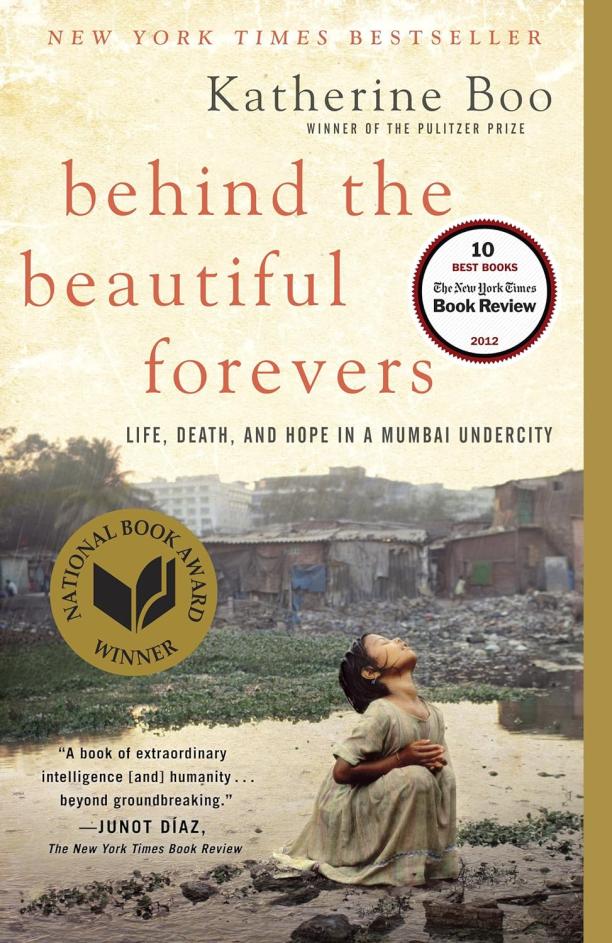
Behind the Beautiful Forevers
Life, death, and hope in a Mumbai undercity
Katherine Boo
The book is a non-fiction narrative that explores the lives of residents in Annawadi, a makeshift slum near Mumbai's international airport, highlighting their struggles with poverty, corruption, and inequality. It delves into the complexities of the modern Indian society through the personal stories and aspirations of the slum dwellers, against the backdrop of global economic changes.
See full summary
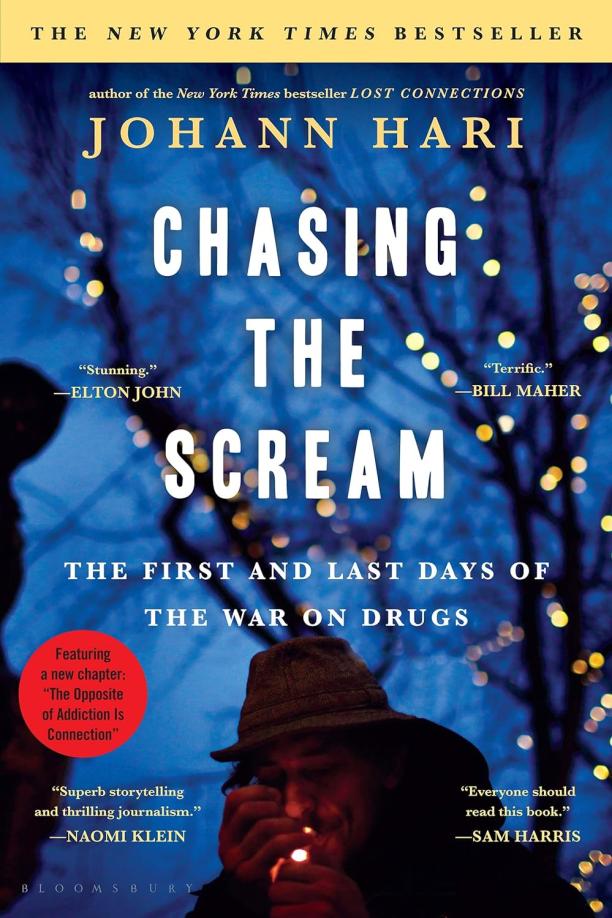
Chasing the Scream
The Inspiration for the Feature Film "The United States vs. Billie Holiday"
Johann Hari
The book explores the origins and impact of the War on Drugs, tracing its history from its inception to its effects on individuals and societies. It weaves personal stories, including that of jazz singer Billie Holiday, with a broader analysis of addiction, challenging conventional views by arguing that the antidote to addiction is not sobriety but human connection.
See full summary